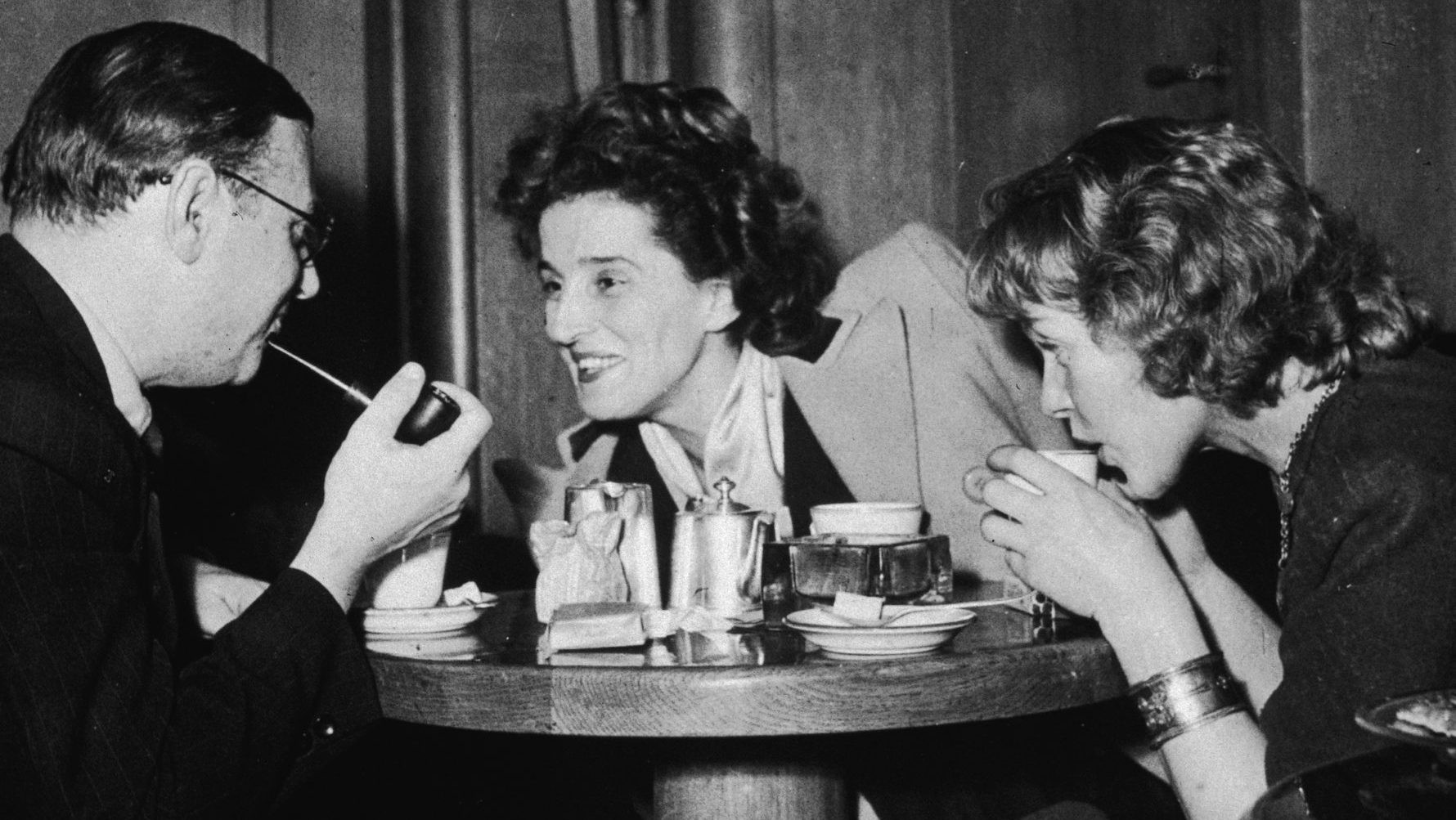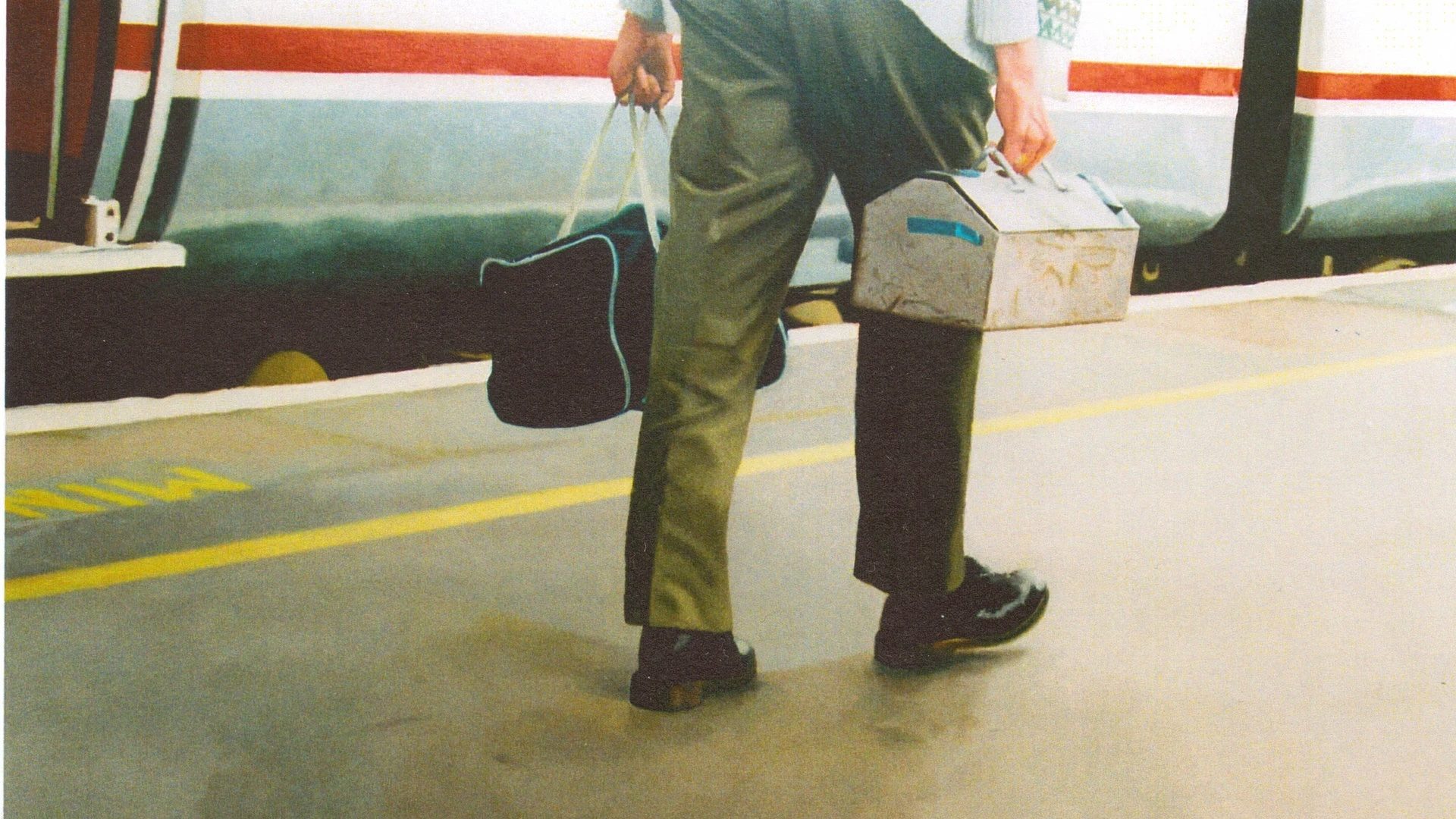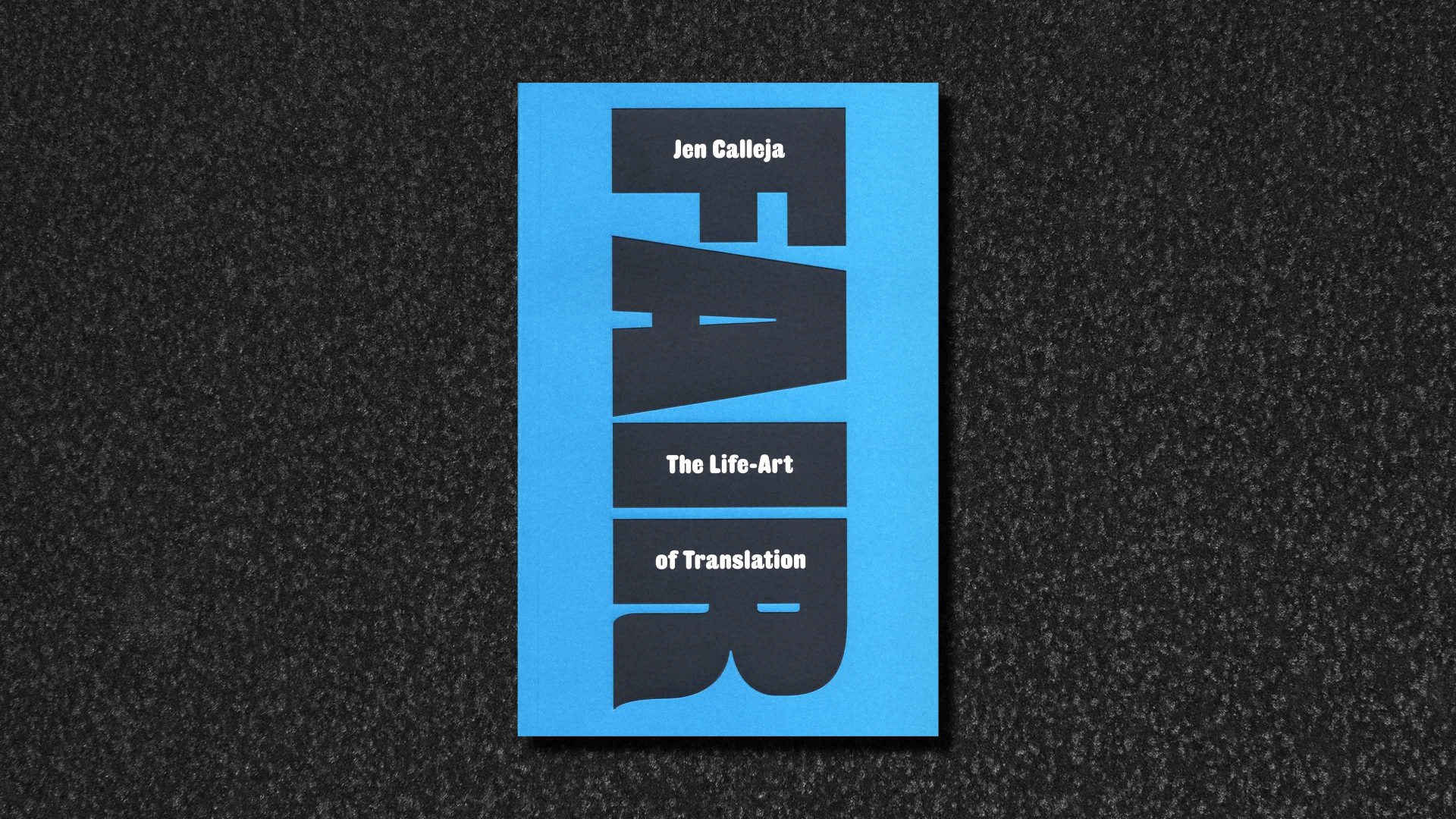In the years leading up to the first world war, Henri Bergson’s lectures were among the most popular events in Paris. Week after week, hundreds of men and women flocked to hear the philosopher unravel complex metaphysical problems and delve into the history of thought. The wealthiest audience members often sent valets to reserve seats, while others climbed on to window ledges to listen in. Inside, the heat often became so unbearable that people fainted.
Similar scenes took place a few decades later when Jean-Paul Sartre delivered his seminal lecture “Existentialism is a humanism” in Paris. In her memoirs, Simone de Beauvoir recalled how she and Sartre were propelled into the public eye in the late 1940s: “A week never passed without the newspapers discussing us… In the streets photographers fired away at us, and strangers rushed up to speak to us. At the Flore, people stared at us and whispered.”
Bergson, Sartre and Beauvoir are just a few examples in a long tradition of French celebrity philosophers. Even today, it’s common to see philosophers on French prime-time television or radio, commenting on current affairs, writing opinion pieces in national newspapers, or topping bestseller lists.
The prestige of intellectuals in France has deep historical roots and plays a central role in the country’s self-mythologising. French politicians love to cast the République as the direct heir to the thinkers of the enlightenment like Voltaire, Rousseau, Diderot and Montesquieu, who challenged religious oppression and absolutist government and championed freedom of speech, equality and reason. These philosophers presented their ideas in accessible formats that reached a wide audience and helped to pave the way for the Revolution.
Philosophy has since occupied the role of a kind of civic duty in French society: citizens are expected to take part in public life through lively debate. Every high-school student is required to study philosophy, a tradition that dates back to the early 19th century, when Napoleon established the baccalauréat and made philosophy a compulsory subject.
Suggested Reading
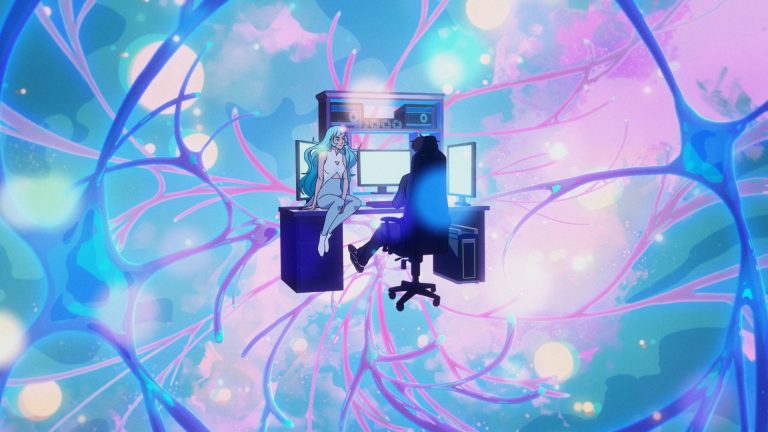
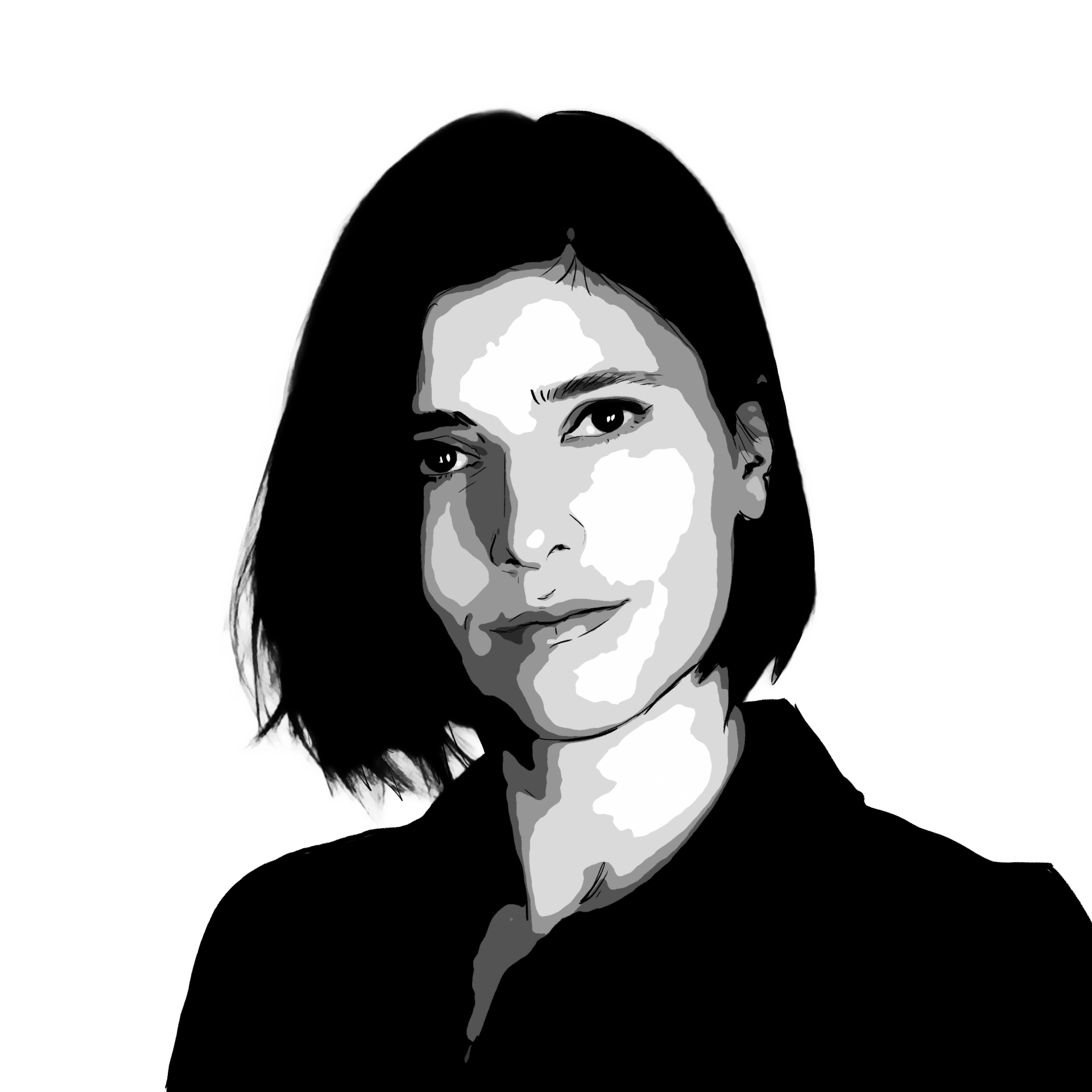
What happens when tech outpaces ethics?
Though suspicious of free thinkers, as any good emperor must be, Napoleon saw philosophy as a tool for creating disciplined, rational citizens. And so today, every summer, high-schoolers all over France still take part in a quintessentially French rite of passage: the four-hour philosophy exam in which they are expected to deploy their best critical thinking skills to shed light on difficult questions such as “Does a work of art always have meaning?”, “Am I what my past has made of me?”, or “Would we have more freedom without the state?”
Much like the 18th-century philosophes des Lumières, 20th-century intellectuals cemented the notion that a philosopher is not an armchair commentator but someone who seeks to actively shape the world. Think of Albert Camus and his underground Resistance newspaper Combat during the second world war, Sartre’s participation in the student protests of May 1968, Beauvoir’s pro-abortion manifesto, or Michel Foucault’s activism around prison reform. From the revolution to the postwar era, French society has turned to intellectuals for critique and direction.
But contemporary French celebrity philosophers no longer command the same widespread respect. A shift appears to have occurred in public perception in the final decades of the last century with the advent of the nouveaux philosophes spearheaded by the public intellectual Bernard-Henri Lévy. Across his many, many media appearances, BHL, as he is more commonly known, has come to embody a version of philosophy as a spectacle: a performance of intellect marked by his carefully curated appearance, open shirts, and theatrical poses.
There is a general sense of substance being lost to style and posture. Philosophers like Michel Onfray, Alain Finkielkraut, and Raphaël Enthoven seem mainly interested in generating good TV ratings. Their commentary often invokes the ideals of French Enlightenment, but ultimately aligns with the talking points of the right and far right, most notably on the problems of “le wokisme” and national identity.
Once seen as a leading voice on the cultural frontlines, has le philosophe now become a bit of a self-caricature, a joke, a relic of a different time? Has the true French philosophical spirit finally retreated back into the university?
Pas si vite! Perhaps it isn’t philosophy that’s the relic, perhaps it’s the outmoded channels on which it is being performed. Forget TV. Today, the exciting conversations have largely moved to platforms like YouTube, TikTok and Twitch. Or at least that’s what people younger than me keep telling me. So perhaps all is not lost. After all, the French still love a good argument.
Emily Herring is a freelance writer and editor


